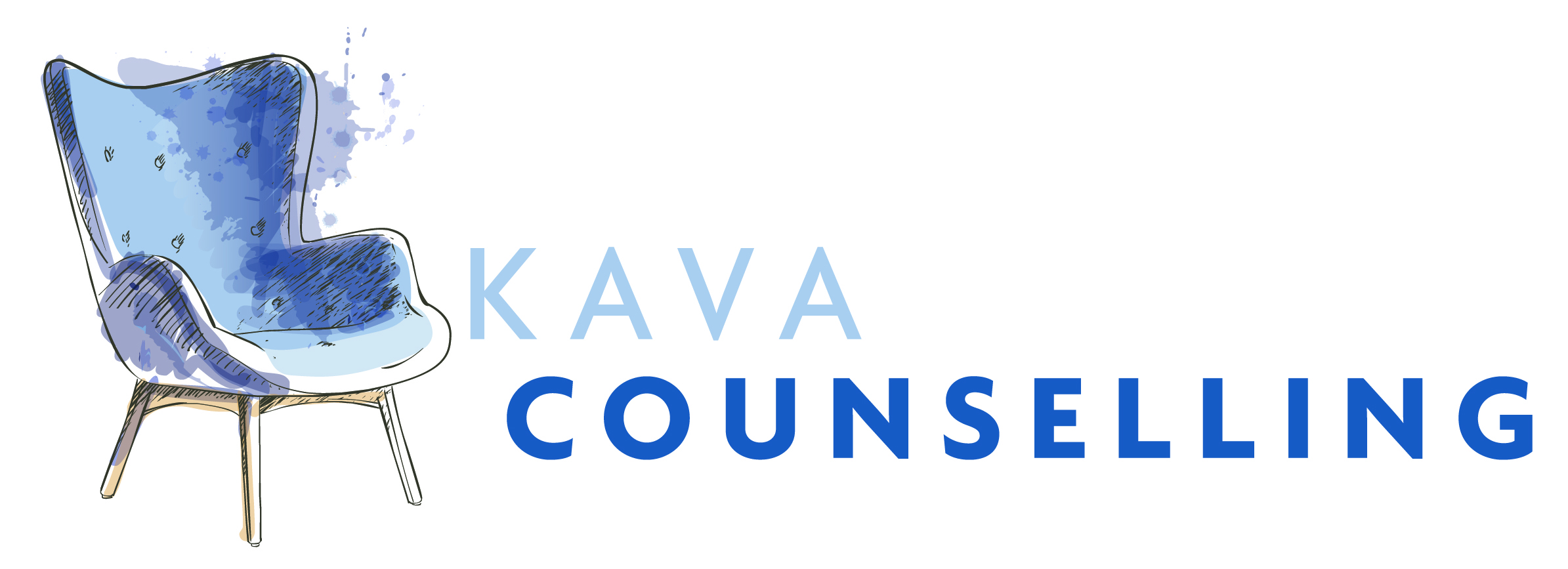How I practice counselling: the person-centred approach to therapy
“If a person is understood, he or she belongs”
My primary influence as a counsellor is Carl Rogers.
His reach into the human mind, and his compassion for the confusion and suffering he saw there, led to an understanding so universal that it reached across the globe. Born in Chicago at the start of the 1900s and heading for agricultural college, by 1987 Carl Rogers was nominated for the Nobel Peace Prize for his work on conflict resolution in South Africa and Ireland.
He wasn’t alone in exploring; the ‘talking cure’ pioneered by Sigmund Freud was tested and refined by others, such as Otto Rank and Jessie Taft. Unlike Freud, they placed the client at the centre of decision making, supporting them to make sense of their feelings, rather than impose a diagnosis and a cure.
Clients not patients
Influenced by them, and by his fellow humanist Abraham Maslow (who identified the hierarchy of human needs), Rogers began to discover a pattern among his clients (Rogers was among the first not to say ‘patients’, believing that unhappiness or stress wasn’t – in most cases - an illness or a medical condition) and uncover his way of working with them.
He was rigorous in testing a theory and observing the data and, in 1953, Carl Rogers proposed a theory of personality. He was moved to help people and believed that, in the right conditions, we all thrive. He recalled a sack of potatoes in his parents’ cellar: despite the dark, they put out shoots towards the one window. However pale and twisted, they still grew, drawn to the light. Seeing clients stunted by criticism and what they *should* or shouldn’t do, he saw that any organism, from a daisy to a Dad, wants to fulfil their potential and will do so, in the right conditions.
Empathy is a powerful, healing agent
For Rogers, the conditions were: to show a client respect, empathy, and be genuine and present in the here and now. Although we can list them, these qualities or actions aren’t separate and, when they are felt by both the counsellor and the client, a truly therapeutic relationship develops, of sufficient trust for change to occur.
"To my mind, empathy is in itself a healing agent. It is one of the most potent aspects of therapy, because it releases, it confirms, it brings even the most frightened client into the human race. If a person is understood, he or she belongs."
If this sounds like something you’d like to experience, please contact me to book a session.
Carl Rogers was prolific, and his students ever more so. For information, start here.
